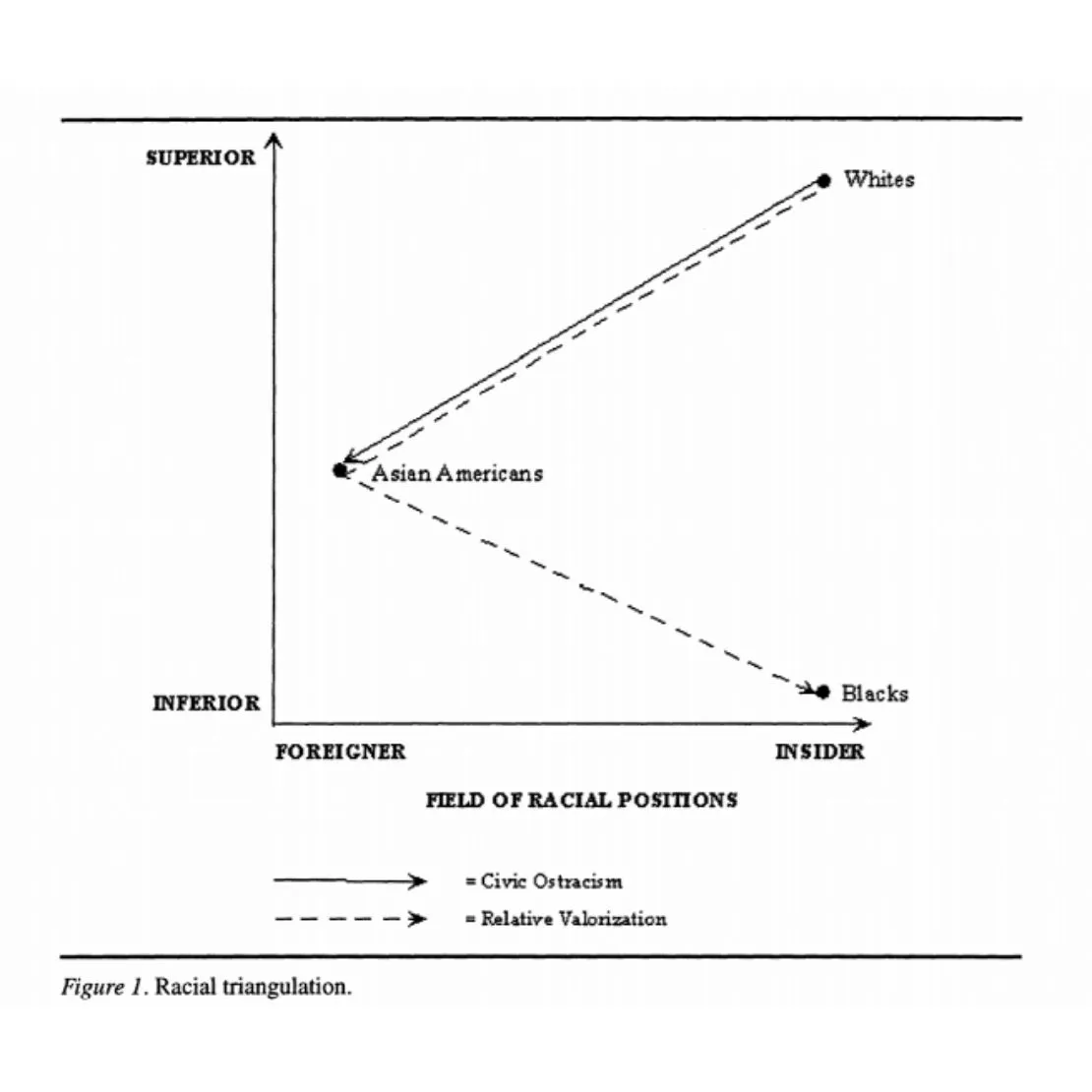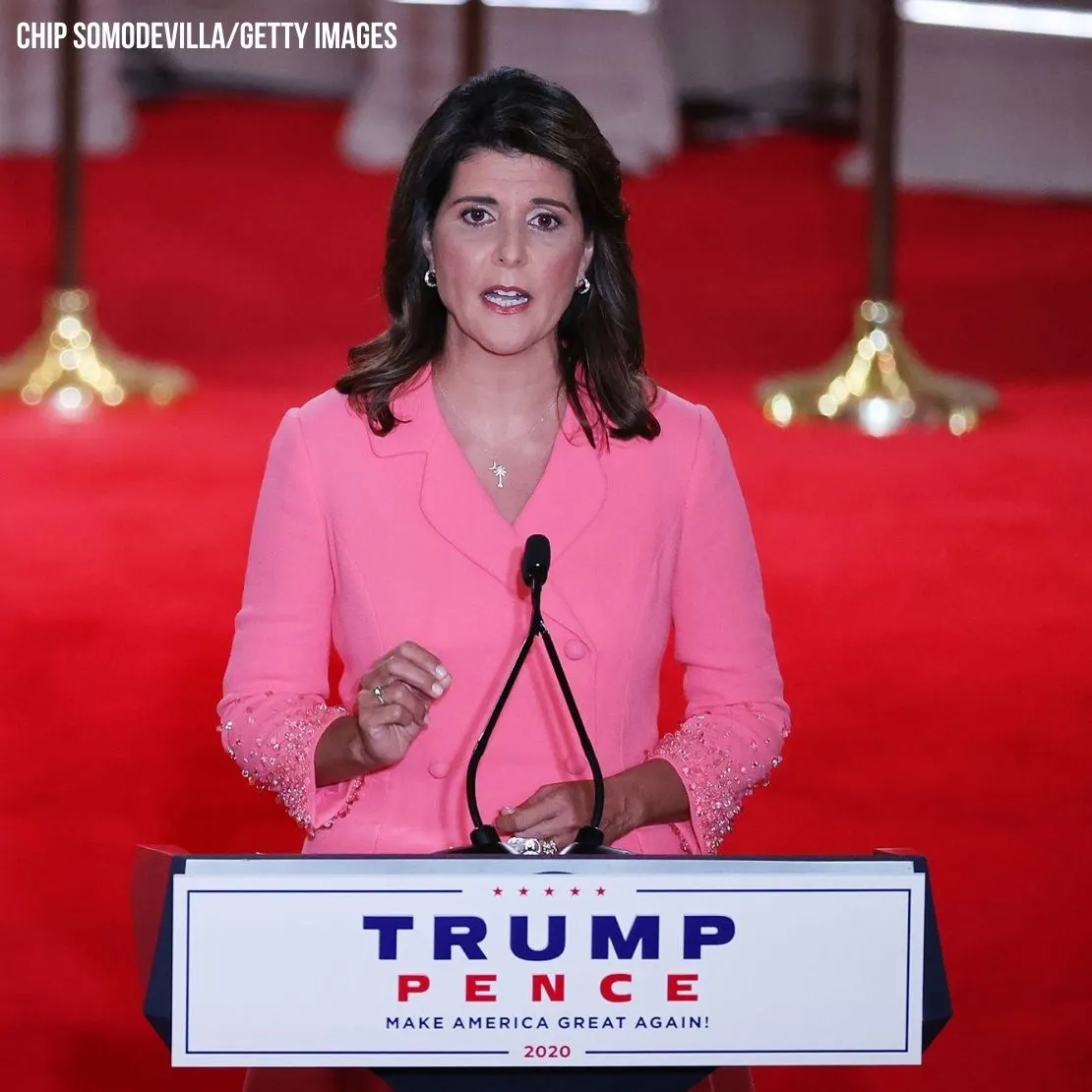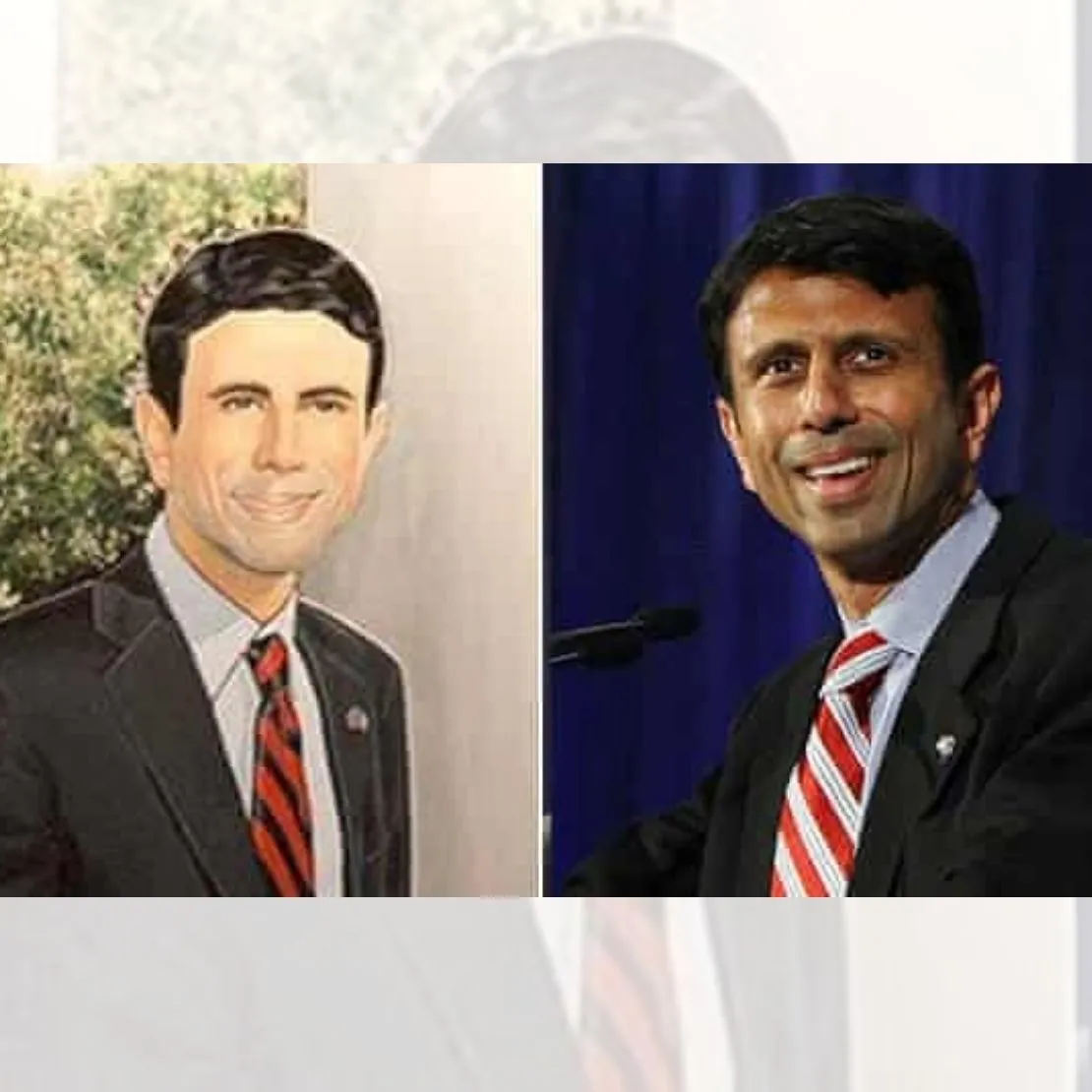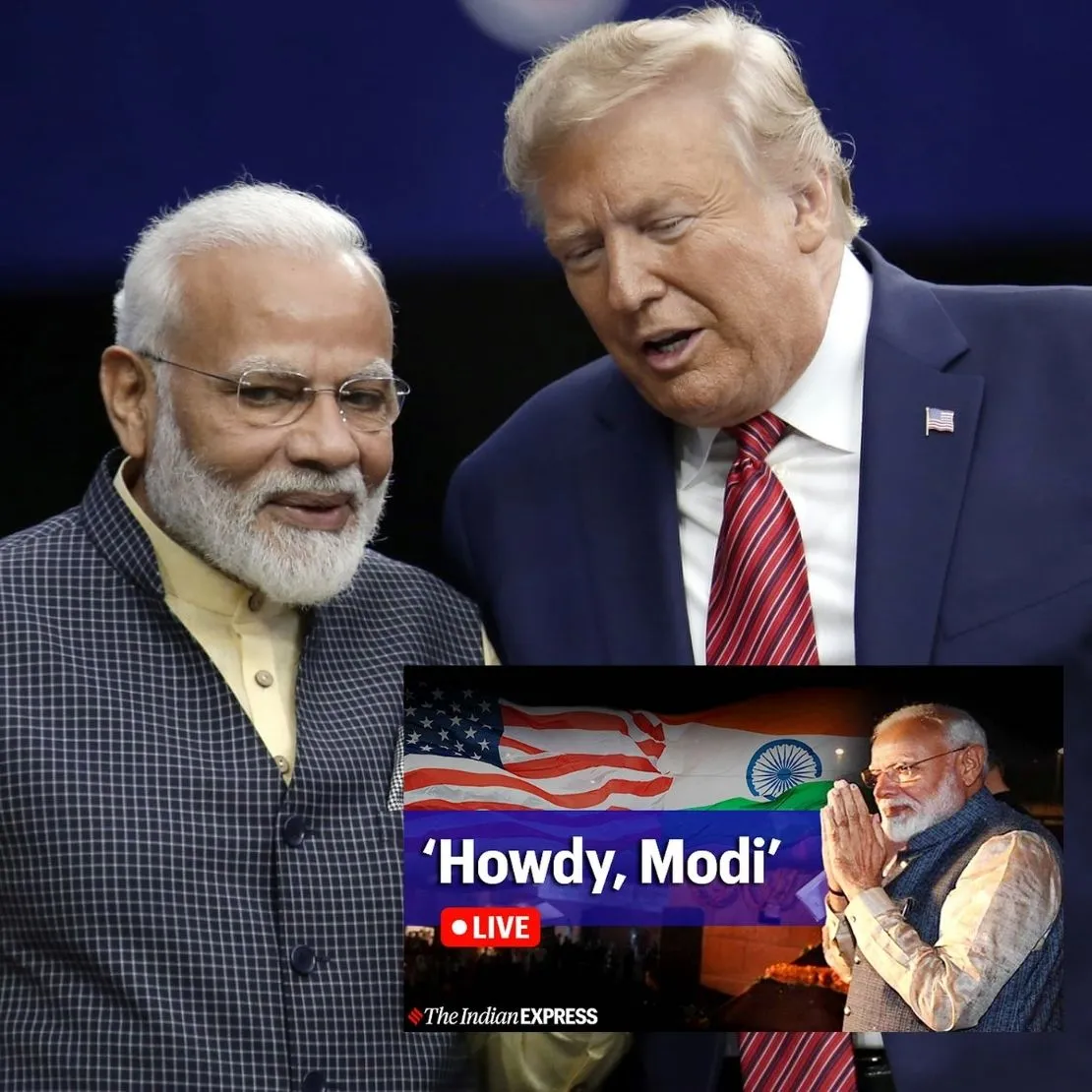"America is not a racist country", says Sikh-American Nikki Haley
During the first night of the Republican National Convention, the same day that Jacob Blake’s murder broke the news, former South Carolina governor Nikki Haley stated that “America is not a racist country.” In the same speech, she went on to say, “I was a Brown girl, in a Black and White world. We faced discrimination and hardship…” Born to Sikh Indian immigrants, Nikki Haley (born Nimrata Randhawa) has repeatedly contradicted herself on race. She is not alone in making such statements and positioning herself close to whiteness; other Indian-American politicians including Bobby Jindal and Dinesh D’Souza have revealed fluctuating relationships with their racial identities.
A closer look at these dynamics reveals that some South Asians’ proximity to whiteness, framed by the ‘racial triangulation model’ which explains the role that such proximity plays in perpetuating anti-Blackness, allows the perpetuation of white supremacy and denial of systemic racism. Any sincere anti-racist effort in the South Asian community must engage with this issue by reframing assimilation and pivoting away from denials of our heritage.

Haley’s invocations of her parents’ business and professional success as evidence to support America not being a racist country is a textbook example of the model minority myth, which positions Asian Americans as more successful than other minority groups by virtue of “hard work.” This is problematic for a variety of reasons, including the continuation of systemic economic barriers for working-class Asian Americans who remain sidelined despite the perception that ‘hard work’ is sufficient to get ahead. Furthermore, economic status has not made Asians immune from racist bigotry. Claire Jean Kim, political scientist at University of California Irvine, writes, “Asian American cultural values are seen as more conducive to success than (read: superior to) Black cultural values.”

By invoking her personal history while completely ignoring systemic issues, Haley is perpetuating the model minority myth and in turn anti-Blackness. By having an Indian-American politician cite such rhetoric on stage, the Republican party is superficially legitimizing its anti-Black stances. To tout the idea of a non-racist society in the midst of mass police murders and the #BlackLivesMatter uprising presents the stark denial of current realities by the right. Haley’s past rhetoric and policy record alike reflect these disturbing tendencies. At the RNC, she called the Confederate flag “a divisive symbol [that was removed] peacefully and respectfully.” After the 2015 Charleston shooting, she had equated it with “service, sacrifice, and heritage” and did not support any legislation to mitigate gun violence. Haley has been able to rise politically by aligning herself with whiteness, a strategy that has been met with success within the Republican Party. Indeed, she registered as white on her 2001 voter registration card, a literal example of the desire to assimilate into whiteness that many South Asians in the diaspora may have experienced.
Other conservative Indian-American politicians have adopted similar routes. A privately commissioned portrait depicting Bobby Jindal as white-skinned sparked controversy, to which Bobby (formerly Piyush) responded, “You mean I’m not white?.... The left is obsessed with race.” Jindal’s xenophobic and Islamophobic comments and insistence on a unified American identity showcase his own unwillingness to grapple with his racial identity in the face of assimilation. Conservative Dinesh D’Souza (author of The End of Racism) has made statements including “Was slavery a racist institution? No…. slavery is neither distinctively Western nor racist,” “Segregation…. Represented a compromise [to] protect blacks.” Deeply-rooted anti-Blackness within South Asian society is compounded by such individuals who, by the overt denial of current and historical racism, attempt to assimilate by claiming literal whiteness and espousing anti-Black and anti-brown sentiments.

Jindal and D’Souza’s actions raise the question of whether Asian Americans really have to become white to succeed. The premise of this question itself is shrouded in misconceptions brought about by white supremacy. In the late 1990s, Claire Jean Kim’s “The Racial Triangulation of Asian Americans” offered a framework “beyond Black and white” by which to understand the competing and overlapping dynamics between “Asian-ness,” whiteness, and Blackness. She writes that critical race scholars argue that colorblind speech, like Nikki Haley’s, “is not a social fact but rather a formal ideology or set of norms that obscures continuing patterns of White dominance in the post-civil rights era.” This racialization “continues to reinforce White racial power, insulating it from minority encroachment or challenge.” Haley’s simultaneous recognition of her family’s experience of discrimination and denial of institutional racism is a prime example of such reinforcement. If such experiences can be framed as individual occurrences that can be overcome, rather than the consequences of systemic barriers which obstruct equal opportunity, assimilation into whiteness becomes both palatable and possible.
In this way, Asian-American “success” becomes implicitly and explicitly bound up in anti-Blackness in a perversely zero-sum way. As Kim notes, “Once conservatives set up Asian Americans and Blacks on opposite sides of the fence, it is easy for them to paint Asian Americans as the hapless victims of ‘reverse discrimination’ engendered by affirmative action.” This is one example of numerous policies on which Asians with proximity to whiteness (via class or another form of privilege) may lean conservative. The rapid spread of right-wing ideas among South Asian communities (exhibited particularly starkly at the ‘Howdy Modi’ rally last year) shows that this isn’t just a matter of personal opinion - structural forces are at play, reinforcing conservative politics and entrenching anti-Blackness and racial capitalism in the process.

To mobilize progressive politics, therefore, it is necessary to break down the triangulation that white supremacy has set up. This begins with South Asians taking a loud, firm stance against anti-Blackness, and being vocal against instances of racism in all its forms. Nikki Haley’s overt denial of racism is a rather extreme example of complicity - our enabling of institutional racism may appear in much more subtle forms, such as buying into the meritocratic ideals of the model minority myth and striving in subconscious ways to be closer to whiteness. Unlearning the ways in which each of us may have individually internalized such sentiments on a less extreme level is a challenging and necessary task.
In different ways, each of us has a role in dismantling the white supremacist forces at work in our communities and in our own minds, the historical product of decades-old policies, teachings, and media messages. Fighting against Nikki-style assimilation does not have to come at the cost of our own sense of belonging as South Asian Americans. In fact, by organizing together, we can stand as South Asians and create a political home for each other. In the American diaspora, there are a number of avenues to explore - collectively learning our histories, sharing art and literature, learning about ways to take anti-racist action without centering ourselves or delegitimizing the narrative of racism.
White supremacy brings everyone down, and Asian Americans are no exception despite what the model minority myth may have seduced us into believing. Building coalitions to stand against marginalization, we should fashion a South Asian American identity in its own right, building seats at a table that doesn’t need whiteness to stand firm.